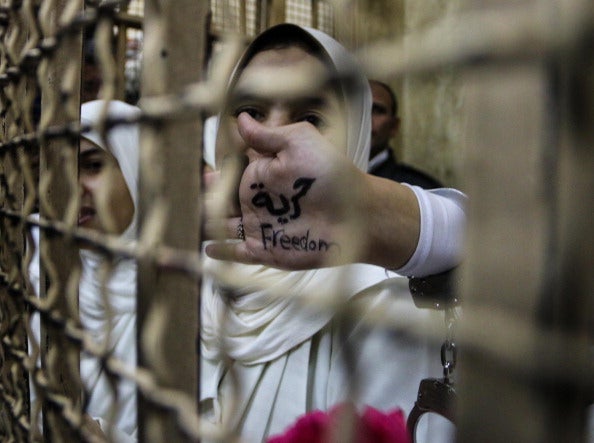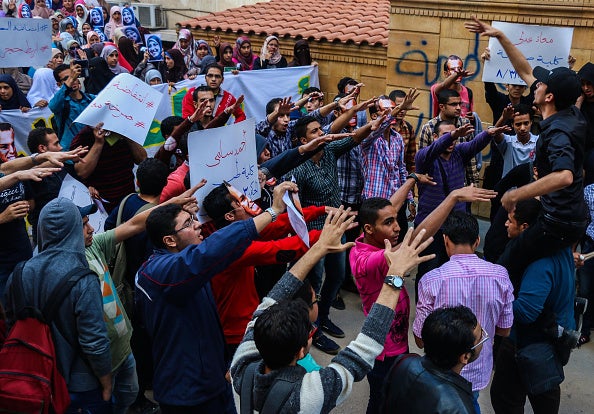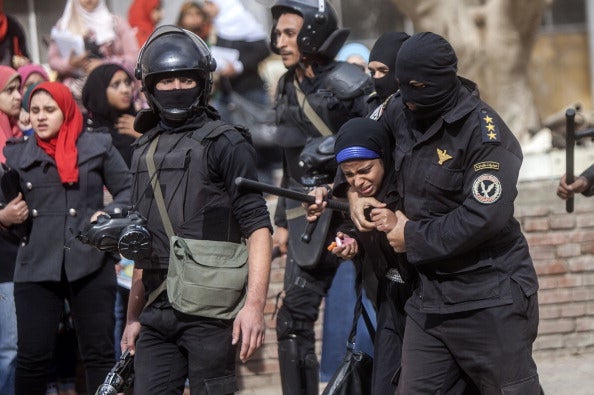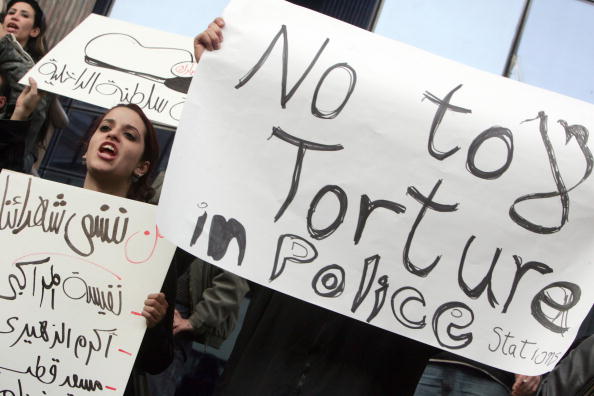Ramadan behind bars: Egypt's 'innocent' students are being tortured in custody as campaign launches to highlight their plight
Activist group asks people to use hashtag #TheirRamadanIsInPrison to remember students who have been jailed for 'merely expressing their opinions'

An online campaign has been launched to draw attention to the plight of the hundreds of students who will be spending the Holy Month of Ramadan behind bars in Egypt – for ‘merely expressing their opinions’.
According to reports from the country’s news and media outlets, the university and high school students have either been arrested – or have disappeared in mysterious circumstances – under the tough government clampdown against Islamist and ‘religious enemies’ that began after the country’s military coup in 2013.
Now, in a statement on its Facebook page, the student activist group, Strong Egyptian Students, describes how Ramadan is an extremely special month for Egyptians which is meant to bring families together.

It adds: “This Ramadan, there are families that will be missing members when they sit down at the dinner table; families that will not enjoy Ramadan, as they should, because their family are in prison for merely expressing their opinions.”
Last year, 21-year-old student and political activist, Sanaa Seif, became the topic of social media comment after being arrested under Egypt’s anti-protest laws for taking part in a peaceful march when the hashtag #FreeSanna began to trend on Twitter.
The march she took part in asked for the release of political prisoners – which included her brother, Alaa Abd El-Fattah – who is currently serving a five-year jail sentence for ‘organising an unauthorised protest’. Ms Seif, too, is currently still in jail and is said to have been going on frequent hunger strikes.

Just last month, another political prisoner, Abdullah Ahmed, spoke-out about the extent of the prison torture he witnessed after spending almost six months in custody.
Mr Ahmed, a 22-year-old engineering student from the city of Sohag – which sits along the west bank of the Nile – had been accused of having links with Isis – accusations which later proved to have been fabricated.
Speaking with Arab news site, Al-Araby al-Jadeed English, Mr Ahmed described what he saw behind bars: “It was worse than anything imaginable.
“The violations were inhumane and included electric shocks to body parts including the genitals, sexual assault, water-boarding, hanging prisoners by their limbs, and stepping on their faces.”
“Wild animals treat each other better than this.”
The student also told the news site that, upon arrival, political prisoners were told to confess immediately or face a military prosecution.
No military judge has ever given anyone less than ten years in prison.

More recently, Al-Araby al-Jadeed English reported how, on June 1, 23-year old student, Esraa el-Taweel, went out to a celebratory dinner with her two friends, Sohip Saad and Omar, in Cairo, after completing her final exams in the Faculty of Arts at Cairo University.
The three students had not been seen or heard from for over two weeks – until last week when Ms Talweel turned up in a Cairo prison facing charges of belonging to the banned Muslim Brotherhood and for ‘spreading false news about the country’.
The fate of her two friends remains unknown.
Now, the Strong Egyptian Students activist group adds that the strict dawn-to-dusk Ramadan fast will make the lives of the many imprisoned Muslim students on hunger strike even more difficult – even fatal – as summer temperatures soar throughout Egypt.

In May, the US criticised Egypt in a formal report given quietly to congress. In the same report, says the Arab news site, the US “nevertheless justified the continuing provision of military aid to Egypt.”
Director of the Middle East division of Human Rights Watch, Sarah Leah Whitson, told the site that the US is not paying adequate attention to rights abuses in Egypt – even though “the government’s own memo acknowledges a laundry list of the worst human rights abuses.”
To keep the plight of the young political prisoners in the public domain – and to remember them this month – the Strong Egyptian Students activist group is asking supporters to use the hashtag #TheirRamadanIsInPrison online.
Join our commenting forum
Join thought-provoking conversations, follow other Independent readers and see their replies
Comments
Bookmark popover
Removed from bookmarks